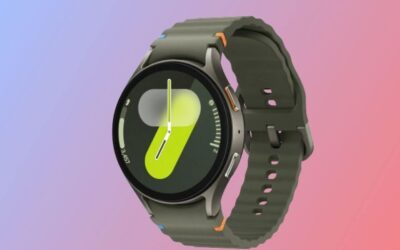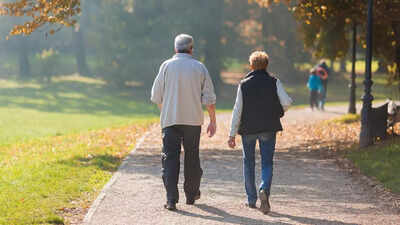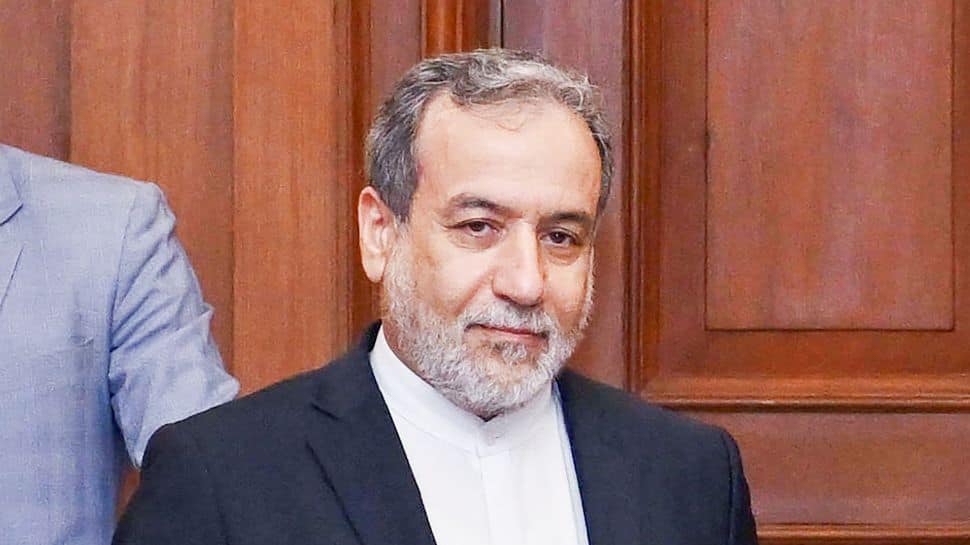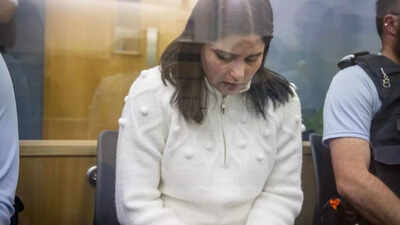Beyond Earthly Meals: Shubhanshu Shukla Reveals The Secrets Of Space Digestion | India News
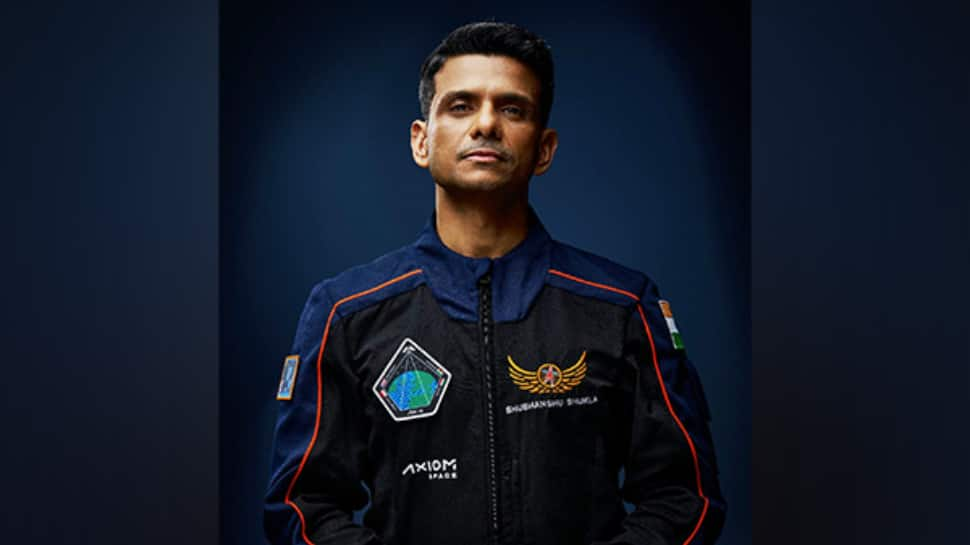
Indian astronaut Group Captain Shubhanshu Shukla, who is currently on the International Space Station (ISS) as part of the Axiom Mission 4 (Ax-4), is taking part in important scientific work and educational activities.
He recently recorded a special video message for school students in India, where he explained in simple terms how our digestive system adjusts to the unusual conditions of space.
In space, the lack of Earth’s gravity has a strong effect on how the stomach and intestines work. On Earth, gravity helps move food through the digestive system using a natural process called peristalsis. But in space, without gravity, this movement slows down. As a result, digestion becomes slower and the way the body processes food changes.
Peristalsis is the wave-like movement of muscles in the digestive system that pushes food through the stomach and intestines, helping it move and get digested properly inside the body.
In space, body fluids move upward toward the chest and head due to the lack of gravity. This shift can affect how the stomach works, sometimes causing discomfort and changing how the body absorbs nutrients from food.
In space, microgravity can change the balance of good bacteria in the stomach and intestines, known as the gut microbiome. This affects how food is broken down and how nutrients are taken in by the body. If not managed properly, it can lead to a lack of essential vitamins and minerals.
How Astronauts Keep Their Gut Healthy in Space
In space, the balance of good bacteria in the stomach can get disturbed, so astronauts follow special steps to stay healthy:
Probiotics & Prebiotics – They take supplements with good bacteria (probiotics) and eat food that helps those bacteria grow (prebiotics).
Special Diet – Their meals include foods like fiber and fermented items that support gut health and help the body absorb nutrients better.
Gut Checks – Scientists regularly test astronauts’ gut bacteria and make changes if needed.
Exercise – Daily workouts not only keep their muscles strong but also help digestion.
Extra Vitamins – Since it’s harder to absorb nutrients in space, they take extra vitamins and minerals to stay healthy.
Before Launch – Astronauts prepare their gut health even before going to space to reduce future problems.
These steps help astronauts stay strong during long space missions—even to Mars!
On Muscle Atrophy
Along with his educational efforts, astronaut Shubhanshu Shukla is also carrying out important muscle health research inside the Kibo laboratory, a science module on the International Space Station (ISS) built by Japan. Kibo means “hope” in Japanese and is used for life science, medical, and space experiments.
Shubhanshu Shukla is conducting research on muscle stem cells, which are special cells in the body that help repair and build muscles. In space, the absence of gravity means astronauts’ muscles aren’t used as much as they are on Earth. This lack of activity causes muscles to weaken and shrink—a condition known as muscle atrophy.
Shukla’s study explores how these stem cells function in microgravity and whether certain supplements or treatments can help maintain muscle strength during long space missions. The findings could also be useful on Earth, especially for people who suffer from muscle loss due to aging or extended periods of immobility.
The Life Sciences Glovebox is a special enclosed workspace on the space station that keeps the area clean and free from germs. It allows astronauts to safely handle and study biological samples like cells or tissues in space. Because it’s a closed and controlled environment, it helps scientists do detailed studies at the cellular level—even in microgravity—without risk of contamination.
What is a Glovebox?
A Glovebox is a sealed container with built-in gloves on the outside. Astronauts insert their hands into these gloves to handle samples inside the box without ever touching them directly, keeping both the astronaut and the sample safe.
Shubhanshu Shukla’s research goes hand in hand with other experiments being done by astronauts on the ISS. These include studies on brain-computer connections and mental health in space, supported by both government and private groups.
Along with his scientific work, Shukla is also encouraging young Indian students to take interest in space science and biology. His efforts are helping us learn more about space travel while inspiring the next generation.
( Girish Linganna is a science communicator and a Defence, Aerospace & Geopolitical Analyst. He is the Managing Director of ADD Engineering Components India Pvt. Ltd., a subsidiary of ADD Engineering GmbH, Germany. )

